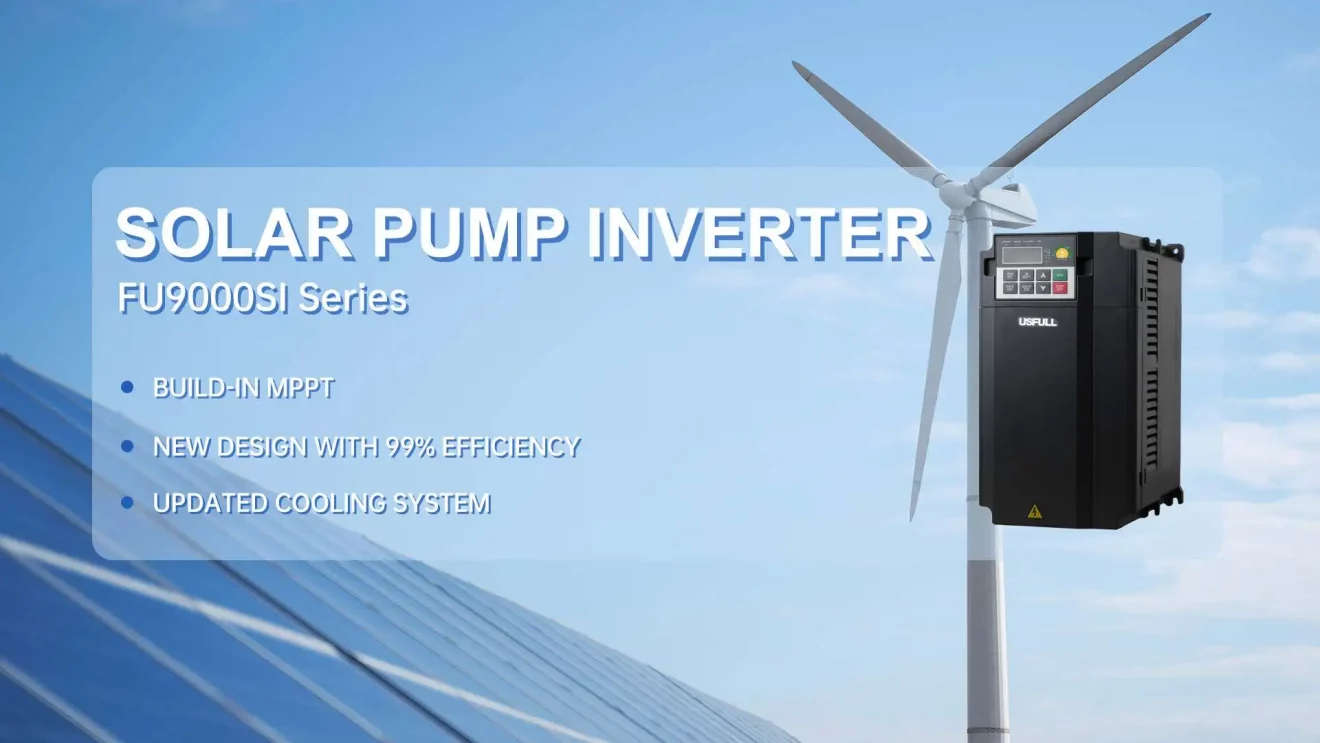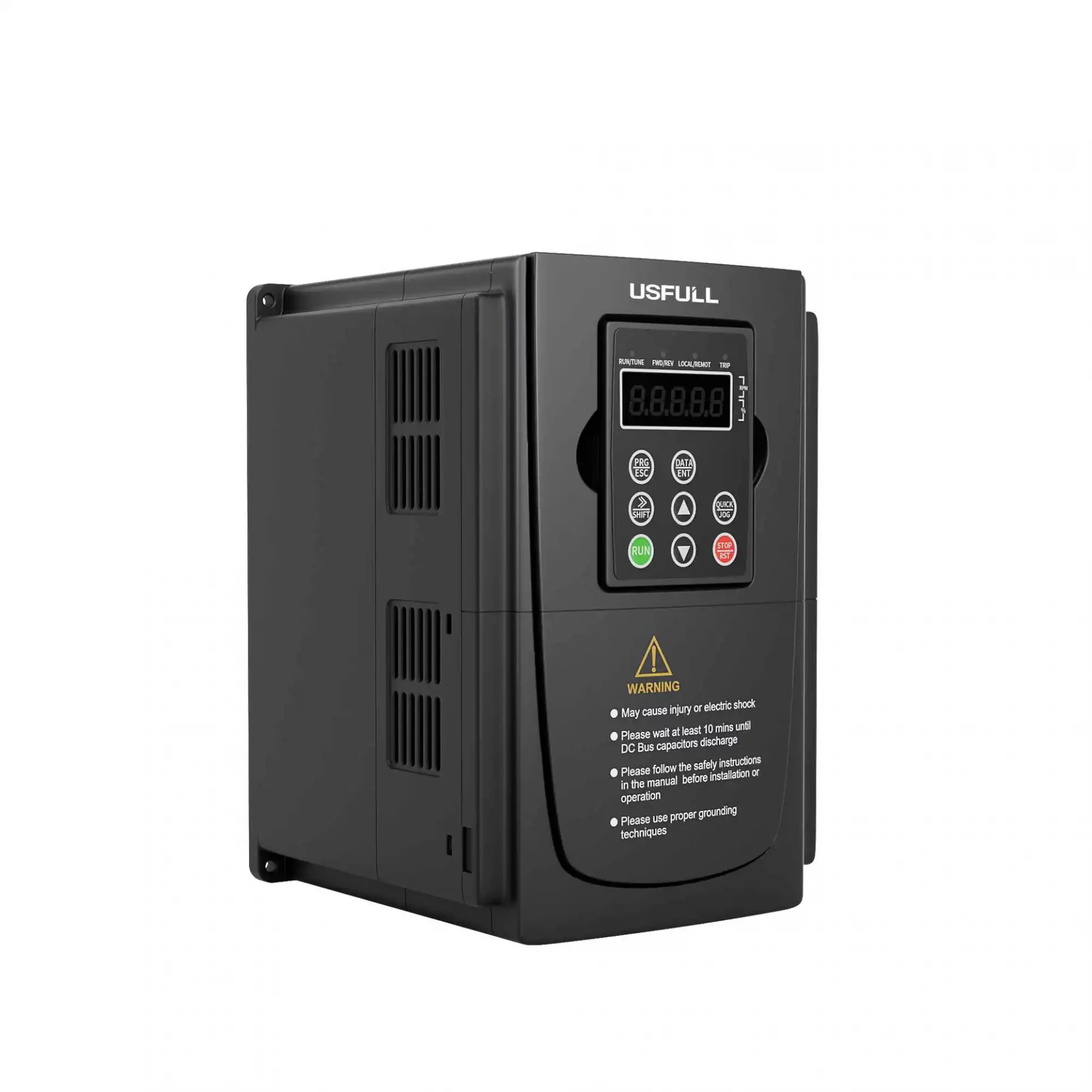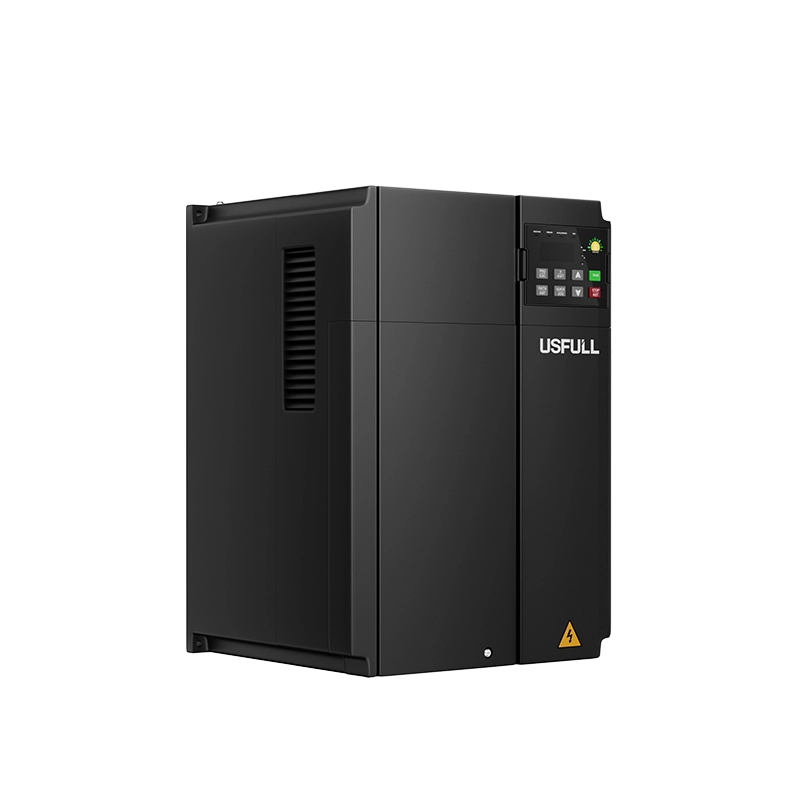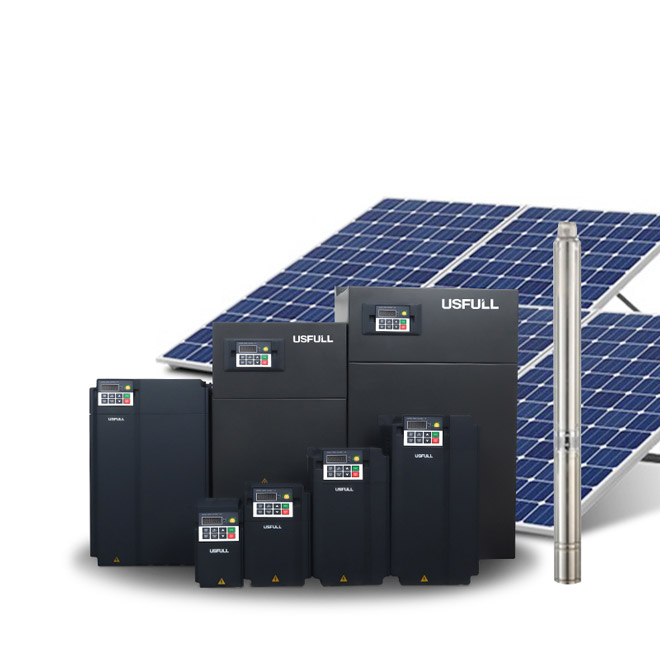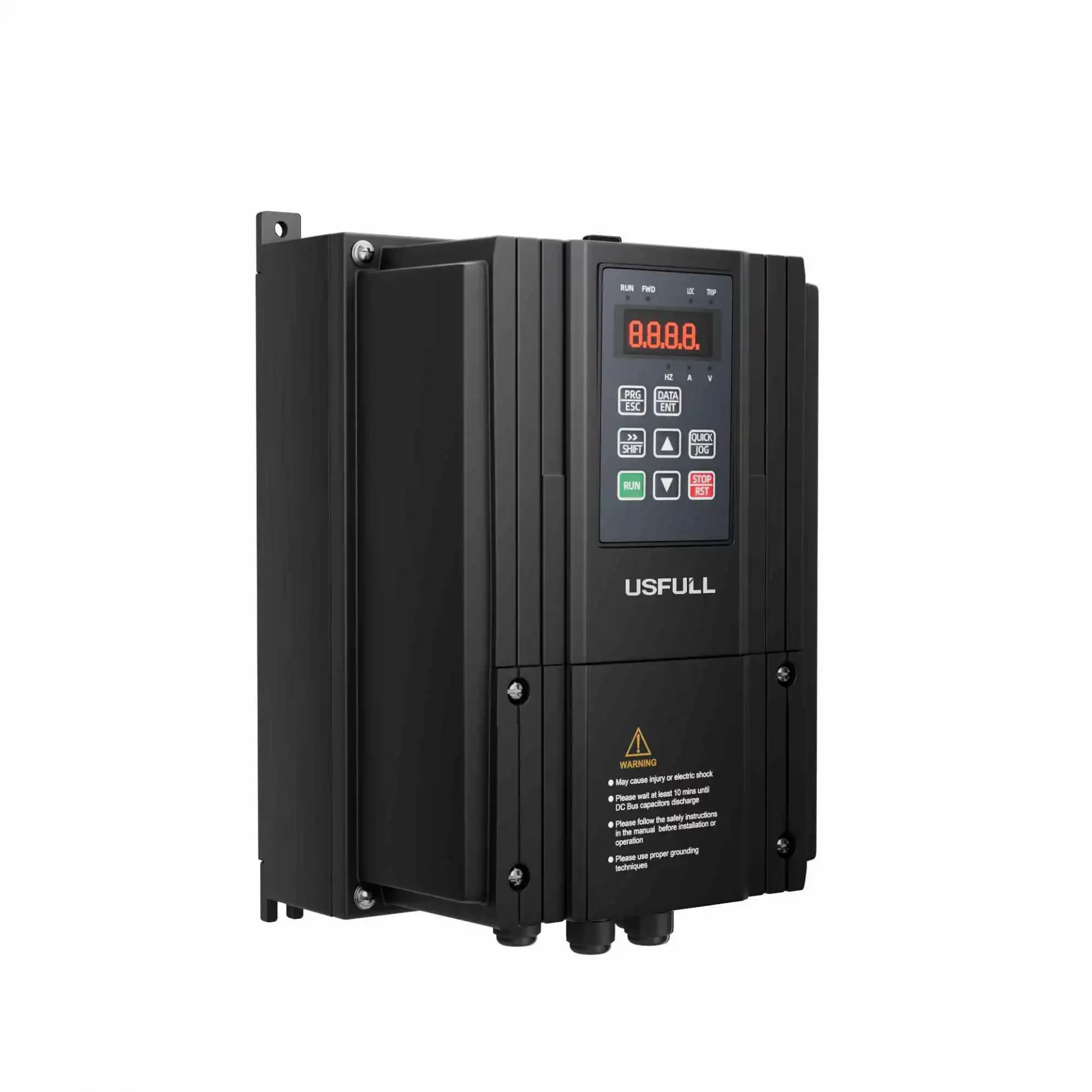Pain Point: Is your solar pump system facing instability or overheating issues?
If you’re experiencing frequent power surges, voltage imbalances, or overheating with your solar pump inverter system, these issues can lead to severe damage, downtime, and costly repairs. The solution lies in using high-quality AC output reactors. These reactors will stabilize the power flow and protect your system from electrical faults. Read on to find out how.
Output AC reactors are critical components in solar pump inverter systems that help to stabilize power and protect against voltage surges.
Power disruptions or inefficiencies can harm solar pump inverters, causing long-term damage. AC output reactors reduce these risks, ensuring smooth and reliable operation. But when exactly should you use them?
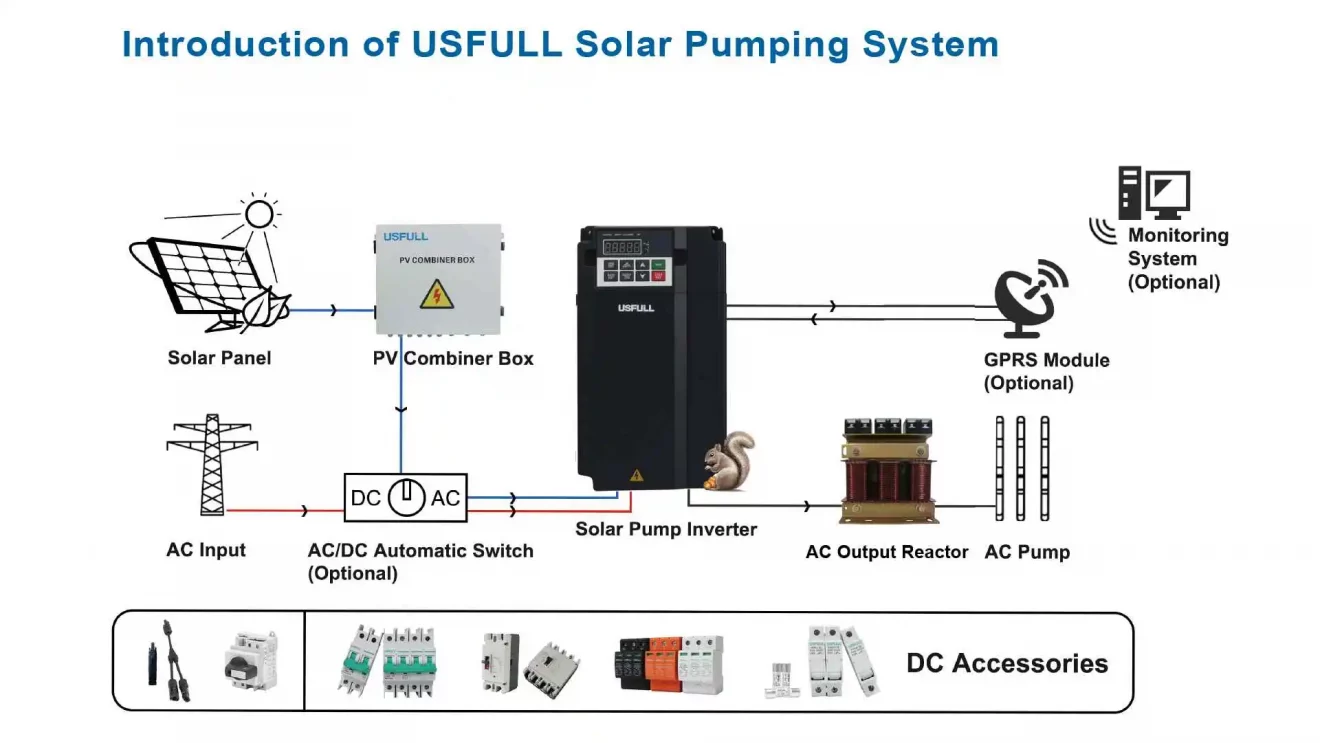
What is an AC Output Reactor?
An AC output reactor is a type of electrical component installed in the output circuit of solar pump inverters or variable frequency drives (VFD). It is designed to filter and smooth the current that leaves the inverter, ensuring the power supplied to the solar pump motor is stable and free from harmful fluctuations. The reactor consists of an inductive coil that limits high-frequency harmonics, reducing the risk of electrical damage.
AC reactors help manage the power flow by increasing the impedance between the inverter and the motor. This additional impedance prevents high-frequency noise, voltage spikes, and unwanted harmonics from reaching sensitive equipment, thus enhancing the reliability and efficiency of the solar pump system.
What is the Purpose of the AC Output Reactor?
The primary purpose of an AC output reactor is to protect and optimize the performance of the entire solar pump inverter system. By introducing inductance into the output circuit, the reactor:
- Reduces Harmonics: AC reactors filter out unwanted high-frequency harmonics generated by inverters, ensuring that the electrical waveform delivered to the pump motor is clean and stable.
- Prevents Overvoltage Spikes: Voltage spikes and surges can damage sensitive components of your solar pump inverter system. The reactor acts as a buffer, absorbing and limiting these spikes before they reach critical parts.
- Minimizes Heat Generation: By reducing harmonics and limiting voltage fluctuations, AC reactors help in reducing excess heat generated by both the inverter and the motor, which in turn extends the lifespan of your equipment.
In short, AC output reactors protect your system from electrical imbalances and reduce the risk of costly damages, improving overall system reliability and efficiency.
How Does the Output AC Reactor Benefit Your Solar Pump System?
When used in solar pump systems, AC output reactors offer several key benefits:
- Enhanced Protection: Protects against voltage transients and harmonics, which can severely damage the solar pump inverter and motor over time.
- Improved System Longevity: By smoothing out the power delivered to the solar pump motor, the reactor helps avoid unnecessary wear and tear, extending the operational life of both the inverter and the pump.
- Increased System Efficiency: The reactor filters out electrical noise, optimizing the power quality delivered to the motor. This leads to smoother operation, less downtime, and improved overall performance.
- Reduced Maintenance Costs: With the added protection provided by the reactor, you can expect fewer repairs and maintenance needs, ultimately saving you money in the long run.
In essence, installing an AC output reactor in your solar pump system enhances both the performance and lifespan of your equipment.
When Should You Use an AC Output Line Reactor for Your Solar Water Pump and Solar Water Pump Drive?
Using an AC output reactor is essential under certain conditions to ensure the optimal functioning of your solar pump inverter and system:
- High Harmonic Distortion: If your system generates significant harmonic distortion, an output reactor can help prevent damage to sensitive components, such as the motor and inverter.
- Overvoltage or Surge Conditions: When your solar pump inverter is connected to long cables or a grid with unstable voltage, an AC reactor protects the system from overvoltage conditions, reducing the risk of catastrophic failures.
- Motor Protection: When the pump motor is at risk of overheating or premature wear due to unstable power supply, an AC output reactor ensures that only clean, stable power is delivered to the motor.
- High Power Demands: In solar applications where high power consumption and frequent on-off cycling occur, reactors play a crucial role in maintaining the stability and safety of the entire system.
In summary, an AC output reactor should be used whenever your system faces unstable power conditions, excessive harmonics, or when you’re dealing with high power demands.
How to Select an Output AC Reactor for Your Solar Pump Inverter/VFD/System?
Selecting the right AC output reactor for your solar pump inverter system requires considering several factors:
- Current Rating: Ensure that the reactor’s current rating matches or exceeds the maximum output current of your solar pump inverter. This ensures that the reactor can handle the power load without overheating or failure.
- Voltage Rating: Choose a reactor with a voltage rating compatible with your inverter and solar pump motor’s voltage specifications. An incorrect voltage rating can lead to inefficiency or damage.
- Inductance Value: The inductance value of the reactor determines its ability to filter harmonics and smooth out voltage fluctuations. A higher inductance value typically means better harmonic filtering but may result in higher cost or size.
- Size and Space: The physical size of the reactor matters, especially if your system is compact or installed in a confined space. Ensure that the reactor fits within the allocated space in your system setup.
- Quality and Certification: Select reactors from reputable solar pump inverter manufacturers who offer high-quality, certified products. Certification ensures that the reactors meet industry standards for reliability and performance.
By considering these factors, you can select the most suitable AC output reactor for your solar pump inverter and ensure optimal system performance and protection.
Conclusion
Incorporating an AC output reactor into your solar pump inverter system is a proactive solution to enhance stability, efficiency, and longevity. Proper selection and usage of these reactors can protect your system from power disruptions and costly damage. Ensure your solar pump system operates efficiently and reliably by choosing the right reactor today.

